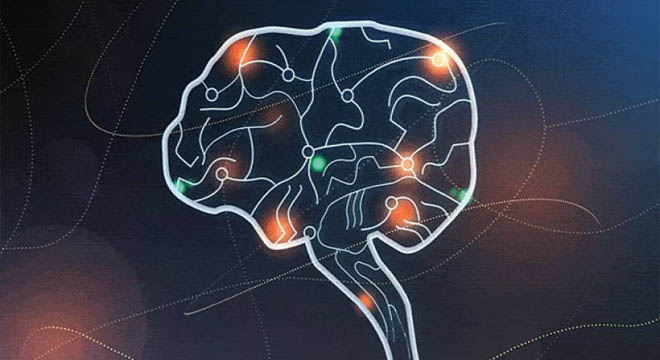ISLAMABAD-Researchers from the Icahn School of Medicine at Mount Sinai have identified a drug that works against depression by a completely different mechanism than existing treatments.Their study showed that ezogabine (also known as retigabine), a drug that opens KCNQ2/3 type of potassium channels in the brain, is associated with significant improvements in depressive symptoms and anhedonia in patients with depression. Anhedonia is the reduced ability to experience pleasure or lack of reactivity to pleasurable stimuli; it is a core symptom of depression and associated with worse outcomes, poor response to antidepressant medication, and increased risk of suicide.Ezogabine was approved by the U.S. Food and Drug Administration in 2011 as an anticonvulsant for epilepsy treatment but had not been previously studied in depression. The research results, published March 3, 2021, in the American Journal of Psychiatry, provide initial evidence in humans for the KCNQ2/3 channel as a new target for novel drug discovery for depression and anhedonia.The new drug target, the KCNQ2/3 channel, is a member of a large family of ion channels referred to as the KCNQ (or Kv7) family that act as important controllers of brain cell excitability and function in the central nervous system.
These channels affect brain cell function by controlling the flow of the electrical charge across the cell membrane in the form of potassium (K+) ions.
Follow the PNI Facebook page for the latest news and updates.









